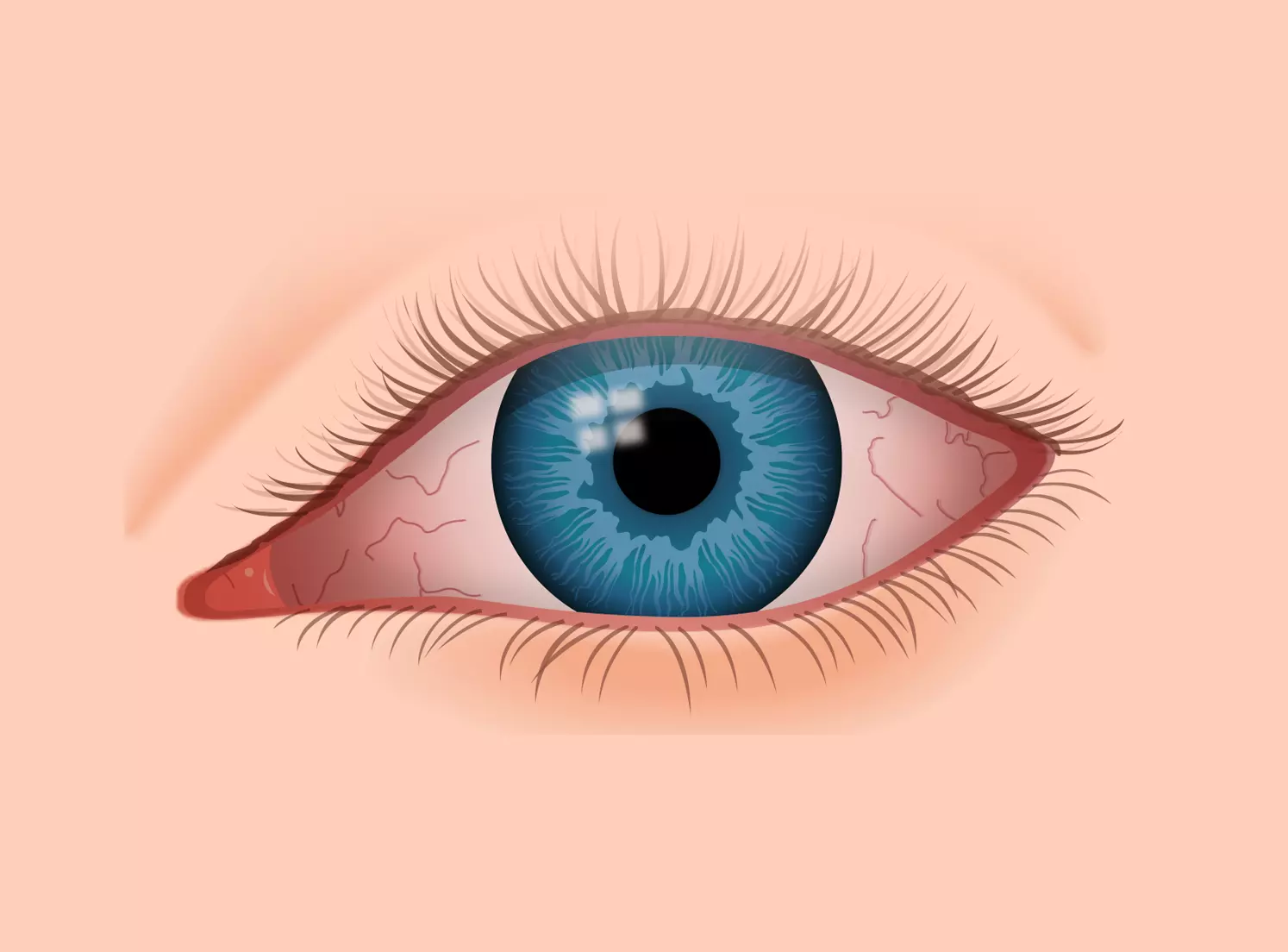WHAT IS CONJUNCTIVITIS?
Conjunctivitis, also known as pink eye, is when your eye gets inflamed, making the whites of your eyes bloodshot or pink in colour. Pink eye is quite common and highly contagious.
CAUSES AND TYPES OF CONJUNCTIVITIS
There are many causes for pink eye, either through an allergic reaction or bacterial or viral infection. Here’s the breakdown:
Allergic conjunctivitis is seasonal, and inflammation is caused by outdoor irritants such as pollen, animal dander (skin flakes), or dust. As a result, the eyes can feel itchy or swollen and sometimes dry.
Bacterial conjunctivitis is often caused when bacteria meet the eye from unwashed hands or an unclean surface. Inflammation from bacterial conjunctivitis can be excruciating, and the eye can begin to leak pus (yellowish discharge). A bacterial infection of the eye should be treated immediately.
Viral conjunctivitis is highly contagious and easily spread between people when in large, public areas such as schools or airports. Viral conjunctivitis is most commonly partnered with the common cold and can cause severe itching or even a thick, clear discharge. Any viral infection should be treated by a doctor immediately, but it can clear up on its own over the course of several days.
TREATING CONJUNCTIVITIS
When the eye is inflamed as a result of viral or bacterial pink eye, a physician should be contacted as soon as possible. More often than not, pink eye symptoms will dissipate in several days, but they should not take longer than one week to do so. Should the symptoms persist longer than a week, seek medical attention immediately for antibiotics.
There are a handful of helpful in-home treatments to relieve pink eye symptoms, such as a warm compress on the eye area, taking ibuprofen for pain or discomfort, and swelling or using over-the-counter eye drops to lubricate the surface of the eye.
To find out more about conjunctivitis treatment and prevention, visit your nearest optician.
CONJUNCTIVITIS PREVENTION
Because the virus is easily spread by the direct exchange of bodily fluids or hand-to-hand contact, most children are susceptible to pink eye infections. Here are some simple tips on how to prevent conjunctivitis from spreading:
Conjunctivitis causes
Wash your hands well. Commonly, children fail to wash their hands regularly and tend to touch everything. With children working in such close quarters, particularly in the classroom, stopping the spread of pink eye can seem impossible.
Use hand sanitiser. It helps if hand sanitiser is readily available to reduce the spreading of the bacteria that cause pink eye. Also, practice covering the nose and mouth when sneezing or coughing, and avoid touching the eye, especially with unclean hands.
It is advised to clean and properly store contact lenses and avoid using eye makeup at all when the eye is infected.
Consciously wash bed linen and towels regularly.
Protect the eye area by avoiding harsh chemicals or wearing goggles when in the presence of chemicals.
Allergy sufferers should have antihistamines at hand (allergy prevention medicine) to prevent pink eye symptoms before allergy season begins.

